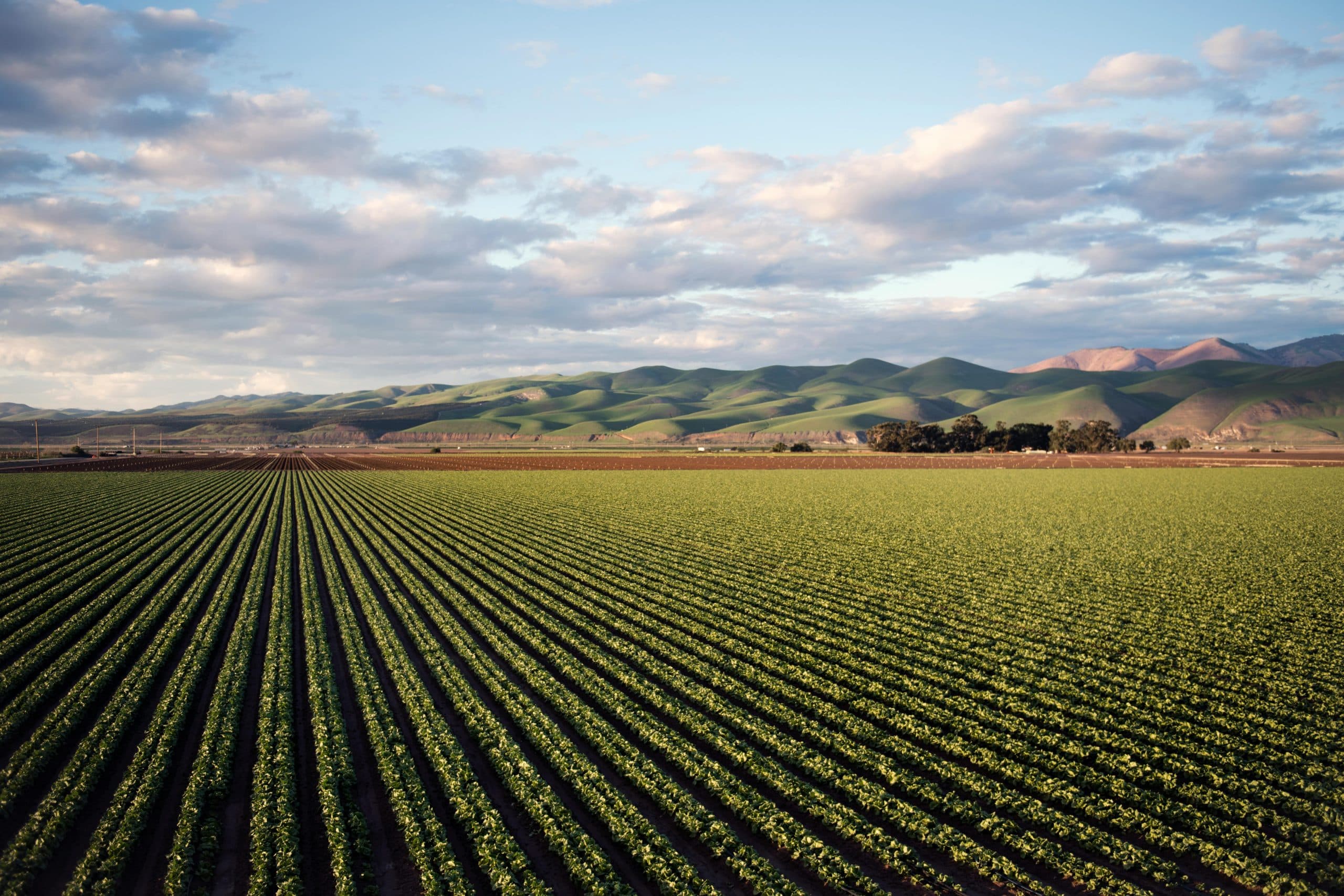The agriculture industry in the United Kingdom is experiencing a major transformation, thanks largely to the advent of artificial intelligence (AI) and machine learning technologies. From precise crop management to sustainable farming techniques, AI is set to revolutionize various facets of the industry, paving the way for higher efficiencies, lower waste, and improved food health. This article delves into how AI can be a game-changer in the UK’s agricultural sector.
AI and Precision Agriculture
Precision agriculture refers to the use of technology and data to manage crops and improve farming efficiency. This approach allows farmers to monitor the needs of individual crops and adjust their care accordingly. AI can play a crucial role here, offering a new level of precision and customization in farming practices.
Lire également : What are the best practices for implementing machine learning in UK’s healthcare diagnostics?
AI-powered systems can analyse vast volumes of data from various sources such as weather patterns, soil conditions, crop health and more to make accurate predictions and informed decisions. This data-driven approach can help farmers optimize their crop yield, reduce waste, and ultimately increase their bottom line.
For instance, AI can predict the best times for planting and harvesting, based on weather forecasts and historical climate data. Furthermore, machine learning algorithms can study patterns and trends in the data over time, continuously learning and improving their predictions for the future.
A lire aussi : What strategies can UK’s museums use to create engaging online content?
Sustainable Farming and Waste Management
The global climate crisis and the increasing demand for sustainable food production methods have put a spotlight on the role of technology in agriculture. AI can greatly contribute to sustainable farming practices by helping farmers track and reduce their environmental footprint.
With AI-powered systems, farmers can more accurately measure and manage their use of resources like water, fertilisers, and pesticides. For example, machine learning algorithms can analyse soil data to determine the exact amount of water or fertiliser each crop needs, thereby minimizing wastage and reducing the farm’s environmental impact.
Moreover, AI can also aid in waste management in agriculture. By analysing data on crop waste, these technologies can suggest the most efficient ways to reuse or dispose of it, such as turning it into bioenergy or compost.
Proactive Crop Health Management
One of the greatest challenges in agriculture is disease and pest management. AI can transform this area by offering proactive and preventive solutions.
Machine learning algorithms can sift through huge amounts of data to identify patterns and trends that indicate the onset of crop diseases or pest infestations. By catching these problems early, farmers can take the necessary measures to prevent further damage and protect their yield.
AI can also integrate data from different sources, such as satellite images, weather reports, and crop health data, to provide a comprehensive picture of the farm’s health. This allows farmers to make more informed decisions about crop management and care.
Market Intelligence and Food Health
In addition to helping with the practical aspects of farming, AI can provide farmers with valuable market intelligence. Machine learning algorithms can analyse market trends, consumer preferences, and other relevant data to inform farmers about the most profitable crops to grow. This can lead to a more demand-driven approach to farming, which optimizes both profits and resource use.
AI can also contribute to improving food health. By analysing data on crop nutrition and health, AI can give farmers insights on how to improve the nutritional content of their produce. This leads to healthier, high-quality food for consumers, and potentially higher prices for farmers.
Through its many applications, AI has the potential to dramatically reshape the UK’s agricultural industry, moving it towards more efficient, sustainable, and profitable practices. Embracing these technological innovations can truly revolutionize the way we farm and eat.
The Future of AI in Agriculture
As AI technologies continue to evolve, their role in agriculture is likely to expand even further. The use of robotics and autonomous machines in farming, powered by AI, is one such promising development. These machines can perform tasks like planting, harvesting, and weed control, reducing the need for manual labour and increasing efficiency.
Another potential area of growth is the use of AI in farm management systems. These systems can integrate all farm data into one platform, providing a holistic view of farm operations and giving farmers the tools to manage their farms more effectively.
Despite the exciting possibilities, the integration of AI in agriculture also brings challenges, such as data privacy concerns and the need for digital skills among farmers. Addressing these issues is crucial to fully reap the benefits of AI for the UK’s agricultural industry.
As we look forward, the intersection of AI and agriculture promises a future where farming is more efficient, sustainable, and responsive to our planet and population’s needs. The AI revolution in agriculture is just beginning, and its impact on the UK’s farming landscape is set to be profound.
Real-Time Decision Making and Predictive Analytics
The integration of AI in farming extends into real-time decision making and predictive analytics. AI’s ability to make data-driven decisions in real-time is a game-changer for the industry. With the help of AI, farmers can react swiftly to changes in weather patterns, pests attacks or any unforeseen events impacting their crops, thus ensuring food security.
AI-powered predictive analytics can arm farmers with critical insights. For instance, predictive models can forecast crop yields based on various factors such as rainfall, temperature, soil quality, and more. This can guide farmers in decision making, from determining the right time to sow and harvest to deciding the optimal crop rotation strategies.
Moreover, AI technologies can predict future market trends, enabling farmers to plan their production in line with potential market demand. The use of machine learning in predictive analytics simplifies complex data, thus helping farmers to make informed decisions about crop selection and farming practices.
Machine learning and data science are already playing an instrumental role in transforming the food industry. Artificial intelligence in agriculture is more than just automation – it’s about improving the supply chain, enhancing food production, and providing food security.
Computer Vision and Crop Monitoring
Another exciting application of AI in agriculture is computer vision, a technology that empowers machines to interpret and understand the visual world. In farming, computer vision can be applied in crop monitoring, helping farmers to keep a close eye on their fields and ensuring optimal crop health.
AI-powered drones equipped with computer vision technology can scan the fields from above, capturing images in real-time. These images can then be analysed to spot any signs of disease, pest infestation, water stress, or nutrient deficiency in the crops.
Furthermore, machine learning algorithms can process these images to predict the future health of crops. By identifying potential issues before they become significant problems, farmers can take proactive measures, thus reducing food waste and improving crop yields.
Therefore, the use of computer vision in agriculture holds great promise in enhancing crop monitoring practices. It enables farmers to be more precise in their farming methods, leading to higher efficiency and productivity.
Artificial intelligence is ushering in a new era of modern farming in the UK. From precision agriculture and sustainable farming to proactive crop health management and market intelligence, AI is poised to revolutionize the agricultural sector.
The future of AI in agriculture looks promising. With advancements in areas such as robotics, autonomous machines, farm management systems, real-time decision making, predictive analytics, and computer vision, the farming practices are set to become more efficient, sustainable and responsive.
However, as we embrace this technological revolution, it is equally crucial to address the challenges that come with it, such as data privacy issues and the need for digital literacy among farmers.
In conclusion, intelligent agriculture driven by AI has the potential to reshape the UK’s farming landscape and contribute significantly towards food security, climate change mitigation, and sustainability. The AI revolution in agriculture is just beginning, and the transformation it brings is set to be profound.











